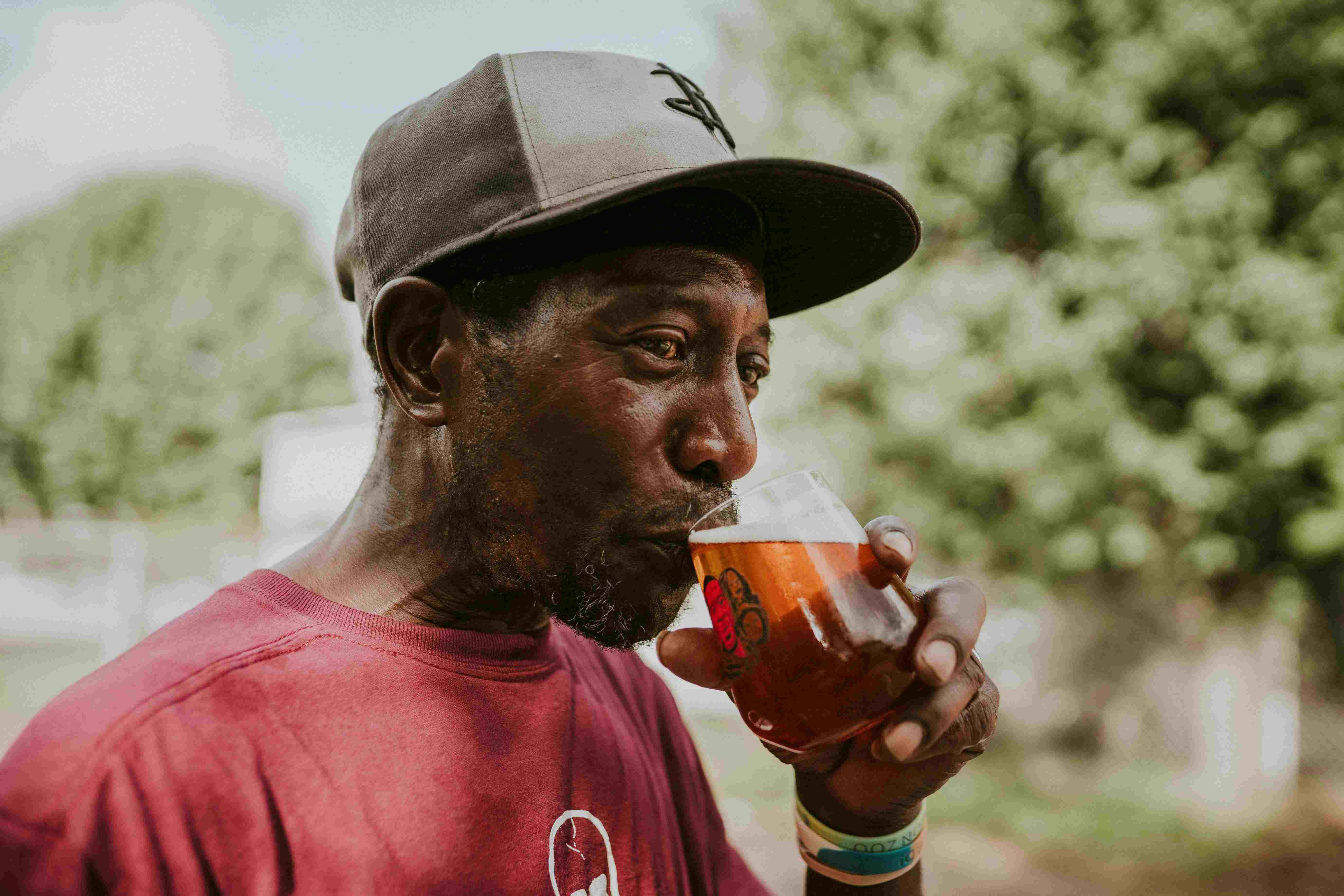'Strategic Precision': A conversation with Julia Nwanya on finance, policy, and economic impact
holds a Master of Science Degree in Finance from the University of Texas at Dallas and brings more than a decade of experience across corporate finance, strategic analysis, and economic policy. In this interview with , she reflects on her transition from Nigeria’s financial sector to the U.S. graduate space, shares insights on data-driven strategy, and explores the intersection of finance, policy, and inclusive economic systems.
I had built a strong foundation in finance back home, starting at Cutix Plc and eventually serving as a senior financial analyst at Ibeto Group. Over time, I started to see that technical finance alone couldn’t address the deeper issues facing businesses, especially serving as a senior financial analyst at Ibeto Group. Over time, also, I started to see that technical finance alone couldn’t address the deeper issues facing businesses, especially around access to capital, structural inefficiencies, and long-term resilience. I needed a broader lens. That’s what led me to pursue a Master of Science in Finance at the University of Texas at Dallas. I wanted to complement my industry experience with a more global and policy-informed perspective that could scale.
Leading a cost-containment initiative that cuts operational expenses by 20$ was a major highlight. We also restructured our pricing model, which improved gross margins from 27 to 32%. These weren’t just balance sheet wins. They positioned the business for sustainable growth in a volatile sector. It taught me that finance, when done right, is strategic and forward-looking. It’s about engineering resilience.
I rely heavily on Tableau and SQL for modeling and analytics, and I use Python for stress-testing financial assumptions. I’ve also incorporated Power BI and Deltek VantagePoint to manage complex financial data and visualize risk in real time. But tools are just that, tools. The real value lies in asking the right questions and interpreting the numbers with strategic clarity.
Completing my master’s programme helped sharpen my thinking around how finance intersects with public policy and systemic equity. I didn’t just research. I authored and co-authored papers focused on how federal policies influence minority-owned SMEs and on the scalability of investment frameworks that can support them. That work deepened my commitment to designing financial systems that don’t just serve the bottom line but also expand economic access. It’s one thing to analyze returns, it’s another to help reimagine who gets to participate in creating those returns.
Each one reflects a different part of my journey. The ‘Visionary Leadership Award’ from the African Accounting and Finance Association recognized how strategy and execution can shape outcomes beyond the spreadsheet. At Ibeto Group, I was honored with the ‘Financial Excellence Award and Employee of the Year’. Those weren’t just acknowledgments of strong performance. They were proof that leadership and impact come from having a long view, staying grounded in data, and being willing to rethink the status quo.
I’m focused on developing and advising on frameworks that integrate private capital, digital infrastructure, and inclusive financial practices. Whether I’m working with mid-sized firms or helping to shape public-private partnerships, my aim is to build systems that are resilient, data-driven, and grounded in long-term value. I’m also exploring how policy design can better support economic inclusion, especially in underserved markets. Finance is evolving, and I want to be part of the shift toward smarter, more equitable models.
First, never treat finance as an end in itself. It’s a language, a tool, a lever. To use it well, you need context. Learn to understand the risks, the systems, and the people behind the numbers.
Technical skill will take you far, but what will set you apart is your ability to connect data with purpose. When finance aligns with policy and is grounded in real-world needs, that’s when transformation happens.
You may also like...
Changing Cultures: How Africa Sips It's Alcohol

Discover which countries sip the most alcohol in Africa, and the health impacts this could have on the long run.
SEC Confirms Ripple's Victory: Legal Battle Concludes as Fundraising Greenlit!

The U.S. Securities and Exchange Commission has concluded its lengthy legal battle with Ripple, issuing a critical waive...
Legal Firestorm: South Korean Ex-President's Wife Targeted in High-Stakes Arrest Warrant

South Korean investigators have secured an arrest warrant for Kim Keon Hee, the wife of jailed former President Yoon Suk...
ASEAN-Brokered Breakthrough: Thailand & Cambodia Edge Closer to Historic Border Deal

Thailand and Cambodia engaged in high-level talks in Malaysia, initiated by ASEAN, to address escalating border tensions...
Kenya's Central Bank Slashes Key Rate to 9.5%: Economic Impact Looms

Kenya's Central Bank has lowered its benchmark rate to 9.50 percent, continuing its policy to stimulate economic activit...
Is Humanity Trading Connection for AI Comfort? A Deep Dive

As individuals increasingly turn to AI for emotional support, questions arise about the erosion of human connection. Thi...
Local Tragedy: Hotel Under Construction Collapses in Edo, Claims Owner's Life

A hotel under construction in Uromi, Benin City, collapsed, tragically killing its owner, Andrew Isesere. Eyewitnesses a...
Naked Gun Remake Delivers Laughs, Neeson & Anderson's Chemistry Wows!

This season's film releases offer a diverse lineup, highlighted by the highly successful "The Naked Gun" remake, starrin...




